Our Purpose:
The Post-Darwin Era
Deepinder Goyal
Founder, Continue Research
For over a decade, I've looked at the world and asked myself the same questions. Why does history repeat itself? Why does every generation repeat the same mistakes? Why do the wise only emerge when they're too old to lead? Why do we poison the planet that our own children will inherit? Why do CEOs extract value when they know it can destroy their companies?
The answer kept coming back to time.
We live like mayflies. Eight decades if we're lucky. Our short lifespans aren't just an individual tragedy - they're civilization's core bug. They make us reckless, because we won't be around to face the consequences. We have just enough time to make our mistakes, maybe gain some wisdom - then we're gone.
Until now, evolution happened unconsciously.
Our bodies adapted slowly to climate, disease, food, and chance over aeons. Evolution gave us enough time to reproduce and raise offspring. After that, we were no longer needed. Natural selection never cared if we lived to 180 - only that we lived to 30.
This worked when the world changed slowly. But now, in this digital age, everything shifts faster than our biology can adapt. We're carrying stone-age bodies through space-age problems. We're wired for immediate rewards when the planet needs century-scale thinking. Climate change, nuclear weapons, AI - these require long-term wisdom we don't live long enough to develop.
Waiting for natural selection to catch up would take millennia we don't have. But for the first time in history, science has evolved to a point where the human race can look at its own biological blueprint and say... we can do better than this.
We don't have to remain prisoners of evolution's limited ambitions for us as a species. Now, we can, and need to take evolution into our own hands. Not as some luxury for the privileged, but as a necessity for our survival.
Because a world run by mayflies will always make mayfly decisions - short-sighted, extractive, unsustainable. But a world run by beings who live to see the consequences of their choices? That changes everything.
Climate change, political short-termism, underinvestment in education and research – they all trace back to the same root: people who won't be around when the bills come due. Extending healthy lifespans isn't about avoiding death. It's about accepting responsibility.
Conscious evolution is humanity's next necessity.
When I say "conscious evolution," I don't mean the longevity industry's obsession with adding years to life. That often devolves into expensive supplements and biohacks that miss the point.
Conscious evolution means attacking root causes, not symptoms. Finding the fundamental mechanisms that affect everything downstream. The leverage points where small changes cascade through the entire body. If we get the basics right, the extra years will follow without chasing them.
So what would longer, healthier lives actually look like in practice?
What if we lived for 180 years,
instead of 80?
Not 100 extra years of disease and decline, but 100 extra years of good health. Clear mind, steady body. Everything would change.

Time horizons would stretch.
We'd stop living like everything ends at 70. Short-term extraction would look childish. We’d all think more long term.
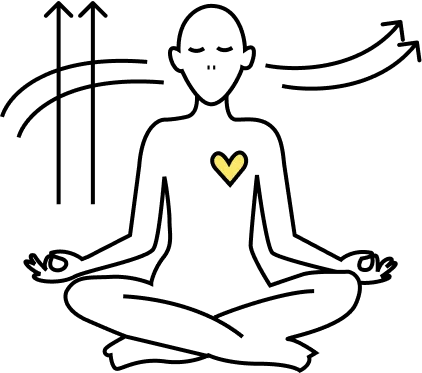
Patience would become a survival trait.
The anxious rush of an 80-year life - the panic to achieve, to reproduce, and to matter - would evaporate. You could fail completely at 50, 90, or 130 and still have decades to rebuild.
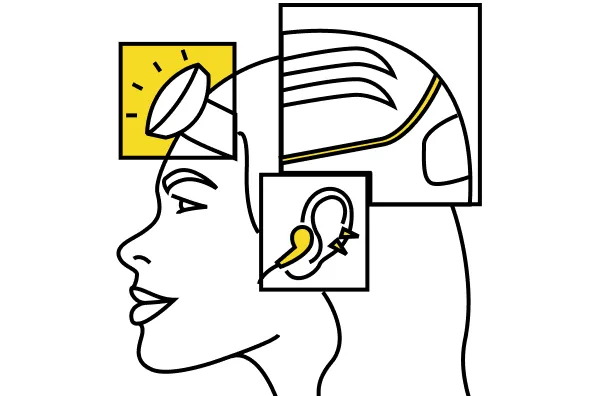
Identity would become fluid.
The rigid selves we build by 30 would soften and reshape multiple times. We'd experience psychological death and rebirth without physical death - becoming fundamentally different people across your lifespan.
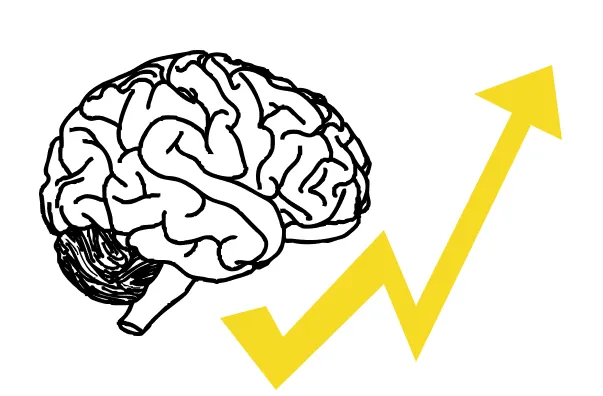
Genius would compound exponentially.
Imagine Einstein living to 180. Revolutionary minds wouldn't get just one explosive decade - they'd have multiple revolutionary periods, each building on decades of deep understanding.

Education would become lifelong.
Not a race you finish in your twenties, but chapters you collect across centuries. We'd rotate between learning, building, and teaching. Less theater, and more work that lasts.

Work would feel different.
Multiple careers across one life. Early years for exploration. Middle years for mastery. Later years for mentoring. Burnout would lose its grip.
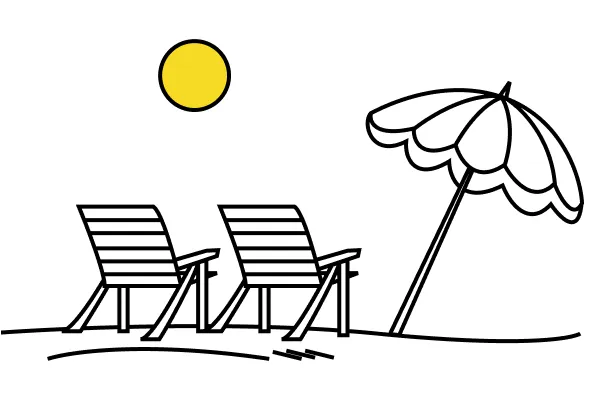
Sabbaticals would become normal.
Five years to learn parenting, ten years to actually parent, three years to help redesign your city's streets. All possible.
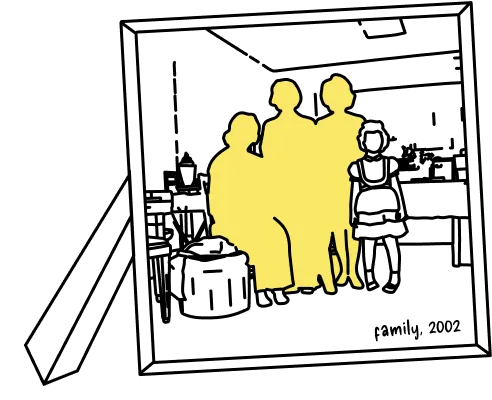
Families would span generations.
Six to eight generations would be alive together. Great-great-great grandparents at dinner. Wisdom compounds.

Cities would adapt.
We'd design for human biology, not just traffic flow. Light that matches natural rhythms. Air that doesn't poison lungs. Sound that allows proper sleep.

Health would measure function.
Families would track bodily function like we track finances. Small corrections would happen early. Clinics feel less like emergency rooms, more like coaching sessions.

Science would slow down and deepen.
A single researcher could form a hypothesis at 30, test it at 70, watch it fail at 90, refine it at 110, and see it help millions at 140.

Policy would mature.
Climate rules written by people expecting to live with them for 120+ years would look very different. So would budgets and public health.

Justice would heal.
Punishment without reintegration would waste decades of human potential. Restorative models would rise because everyone still has to live together.
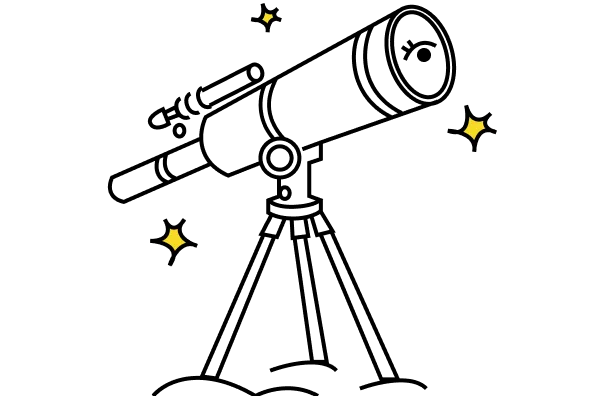
and so much more...
that’s hard for anyone to comprehend right now.
These mindset changes will span multiple generations.
Our ways of living are deeply hardwired. We won't suddenly start thinking in centuries just because we can live that long. But over time, over a few generations, the shift will solidify - creating profound and lasting change in how humanity operates.
There are real risks here.
Longer lives could worsen inequality if access is uneven. Power could entrench itself. Population pressure on Earth’s finite resources is a genuine concern - though longer lifespans typically correlate with lower birth rates, as people with more time for education and career building have fewer children.
Every solution comes with its own set of problems, and it seems that the new sets of problems we face if we start living up to 180, will see more collective action on behalf of the world to solve them, than what we see in the world right now.
What’s Continue Research?
For the last two years, Continue has been a research effort to identify and study upstream mechanisms in biology – simple levers that cascade through the entire body. We believe biology could be far simpler than we've made it, if only we took a systems approach to the whole picture rather than studying it pixel by pixel.
Now, we are expanding Continue Research to include a $25M fund and support researchers like us who ask simpler questions than anyone else dares to.
Continue is neither a company nor a startup. Think of us as a research team + seed fund for the next phase of human existence.
Everything we learn, and our collaborators learn, will be open source. Our work belongs to the field, not to us.
And most importantly, our endeavour will be to find answers and interventions that can be made accessible to the entire population, and not just to the elite few.
For more details on how to apply for funding from Continue Research, please visit "For Researchers".
This isn’t about defeating death.
I don't think that's possible, nor should it be our goal. Death is important for renewal.
This is about defeating the mayfly mentality that makes us reckless. It's about turning humans from short-term extractors into long-term stewards. We're talking about extending healthy function for everyone, not extending any individual life indefinitely.
This work will likely take decades to bear fruit. The primary beneficiaries will be generations that come after us, not us.
But every transformation starts somewhere. We're hoping to become a small catalyst in humanity's journey of conscious evolution.
For the first time in history, a species can choose what it becomes next. We choose to try.
24th October, 2025